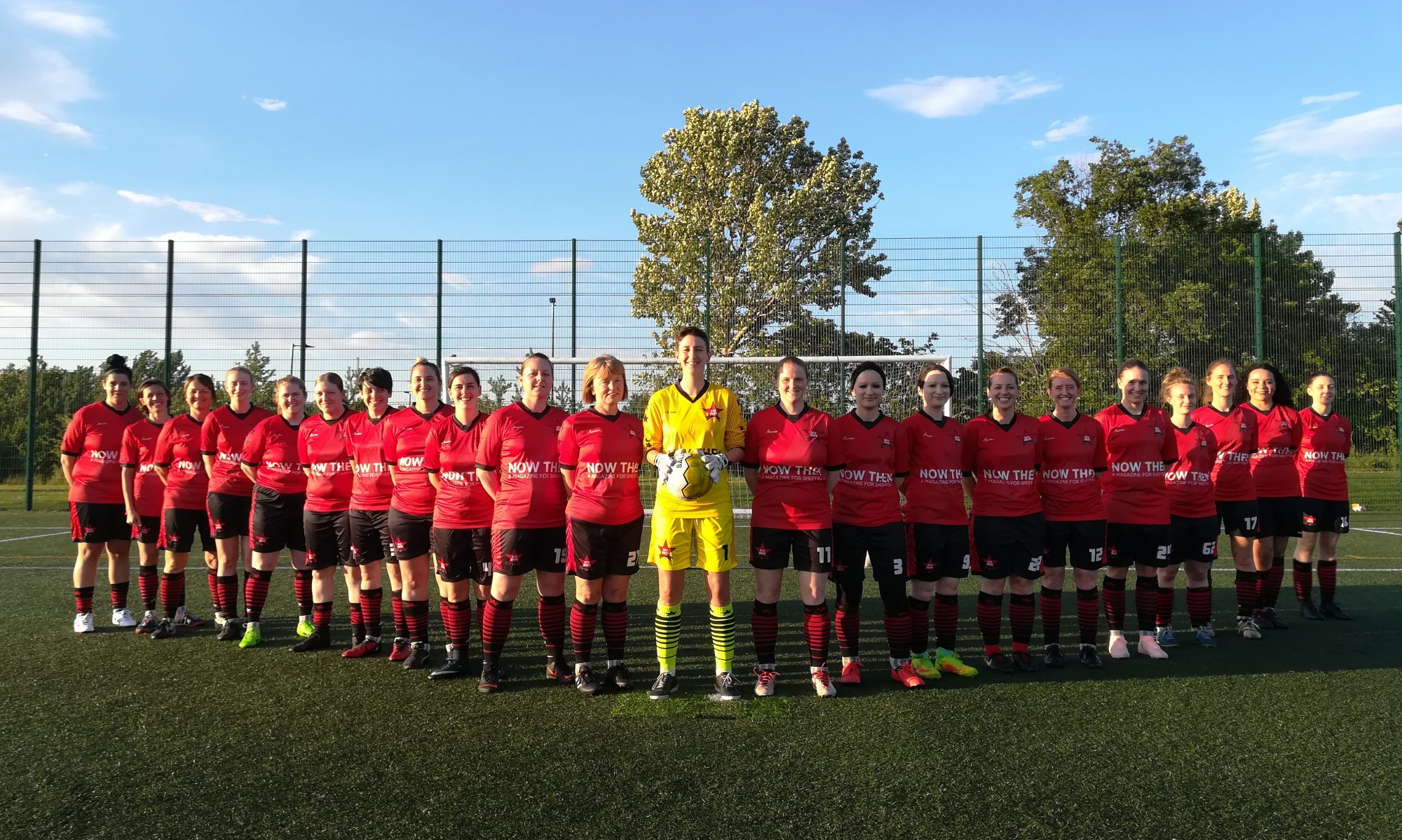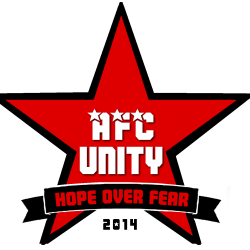Many football clubs have developed a unique “football philosophy” over the years, and AFC Unity is no different – but our own football philosophy is very different.
Head Coach Jay Baker began developing this from 2014, and after some initial culture shock that rippled through the local scene, five years later this approach is fully embraced by a team of players part of the club for believing in it and enacting it to the best of their ability, and this has led to the recent launch of a “2020 Vision” for the coming season after the first-ever full retention of every player in the squad continuing to play 11-a-side football in the area (an incredible achievement).
As an “alternative football club,” we have our own way of doing things to encourage an ethos of unity, collectivism, inclusion, and positivity – and this means that just as we do things differently off the pitch, we also do things differently on the pitch; in matches and on the training ground.
AFC Unity is a grassroots football club unlike many others: the perspective and philosophy of football rejects many of the common themes found at this level, such as the 4-4-2 formation, territorial-based long-balls, and emphasis on “the second ball.” We don’t encourage micro-management, teammate instruction, or cheating (and we have won many awards for our positive ethos), and players are empowered by a shared captaincy system so the team is comprised of numerous leaders. We train and play on artificial grass surfaces that allow for the most perfect passing-based football possible, and that is what players learn, and what supporters will see the team try to enact.
The particular emphasis on passing is part of “the beautiful game,” but is also a way to reflect the club’s ethic and focus on teamwork – collectivism over individualism. This is because AFC Unity’s style of play directly reflects the ethos of the football club: the process is considered more valuable than the results; individuals are valued and bonded by the fact each of them are unique and offer something different, so are nurtured and developed as individuals; every player plays for the greater good of the team and not just themselves; play is brave, and bold, and fearless, as well as positive and pro-active; and when not in possession of the ball, the whole team is defending, while when in possession of the ball, the whole team is attacking. In this way, attack starts in defence, and defence starts in attack.
While this collectivism reflects our club’s ethos, it also fits with the philosophies of Johan Cruyff, so therefore much influence is taken from Catalonia’s FC Barcelona (who are also “more than a club,” according to their own motto) as well as, to a lesser extent, AFC Ajax. Head Coach Jay Baker has also incorporated elements of coaching concepts near and far from the likes of Tom Mura, Matt Whitehouse, and Martin Bidzinski.
Players from lower and higher levels have come into AFC Unity and found the playing style one of the most exciting and challenging to learn and enact. Every single player is challenged and developed to realise their full potential in an environment of 100% positivity (so that this is not a culture-shock for incoming players, we always first direct them to the Solidarity Soccer programme, which has developed many top first team players who began there initially).
The positivity is a key element to our football philosophy, and one heavily influenced by the work of global sport psychologist Dan Abrahams. Mistakes are encouraged and seen as merely learning experiences. While the FA and its coaching approach generally work from a “Four Corner” model, at AFC Unity we prefer to go beyond that, utilising this method instead, courtesy of Dan Abrahams:

Our embracing of the importance of the social and psychological elements as the foundation from which a team can be built upon has led AFC Unity to having its most cohesive squad yet at the current time: the team have bonded together and now, in turn, play the best football AFC Unity has had to offer, ready to build for the future.



You must be logged in to post a comment.